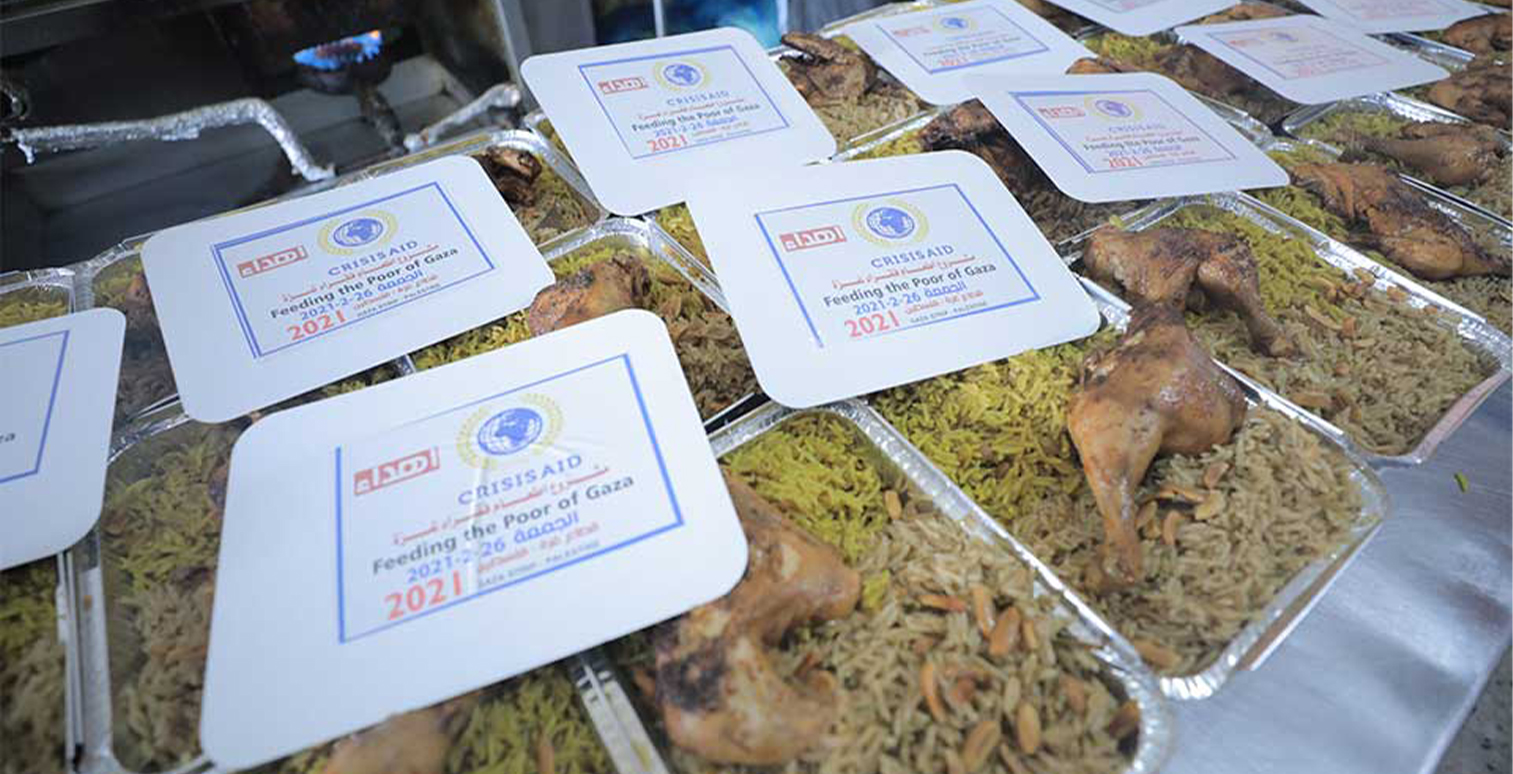Fulfil Your Kaffarah Obligations with Crisis Aid This Ramadan

As we embrace the sanctity of Ramadan, the significance of adherence to fasting during this divinely ordained month cannot be overstated. For those who may find themselves unable to fast for valid reasons, Islam provides a merciful solution through Kaffarah, a form of compensation aimed at rectifying the deliberate omission of fasting days. Crisis Aid stands ready to facilitate your Kaffarah contributions, transforming your act of penance into a beacon of hope for sixty souls in need.
Understanding Kaffarah
Kaffarah, an Islamic tenet, offers a path to atonement for intentionally missed fasts during Ramadan. The essence of Kaffarah is not merely a financial transaction but a profound act of charity that echoes the values of compassion, repentance, and social responsibility ingrained in Islam. It serves as a reminder of the blessings of food and drink that many take for granted and highlights the importance of self-discipline and accountability in the observance of fasting.
The Scriptural Basis for Kaffarah
The Holy Quran articulates the principles of Kaffarah, emphasizing its significance and the conditions under which it becomes obligatory. Allah states in Surah Al-Maa’idah (5:89), elucidating the responsibility on those who break their deliberate oaths. The prescribed expiation involves feeding ten needy individuals with the same quality of food one would provide for their family, or clothing them, or freeing a slave. For those unable to fulfil these, fasting for three days is decreed. This divine guidance underscores the importance of upholding one’s commitments and the pathways available for rectification.
Practical Application of Kaffarah
The practical application of Kaffarah involves feeding ten impoverished individuals, ensuring that the assistance provided mirrors the nutritional quality one accords to their own family. This includes a provision of approximately 1.5kg of a staple food like rice, complemented by a nutritious accompaniment such as sauce or meat, to deliver a balanced meal. The act of gathering ten poor people and offering them a meal fulfils the Kaffarah obligation, embodying the spirit of community and shared humanity.
Partnering with Crisis Aid for Kaffarah
Crisis Aid offers a seamless and impactful way to discharge your Kaffarah duties. With a modest contribution of £3 per person, you can ensure that ten needy individuals receive a nourishing meal, aligning with the Islamic prescription. The total cost of £30 to feed ten people not only fulfils your religious obligation but also contributes to the fight against hunger and poverty. Through Crisis Aid, your Kaffarah becomes an investment in the well-being of the less fortunate, amplifying the blessings of Ramadan and reinforcing the cycle of giving and gratitude.
This Ramadan, let us reflect on the virtues of fasting, the significance of atonement through Kaffarah, and the opportunity to extend our compassion to those in need. By partnering with Crisis Aid, you can transform your act of penance into a powerful act of charity, feeding sixty people and bringing light to the lives of those who face the darkness of hunger and need every day. Embrace this chance to uphold the tenets of Islam, demonstrate your dedication to its principles, and contribute to a world where everyone can experience the joy and blessings of Ramadan. Together, let’s make a difference—one meal, one soul at a time.